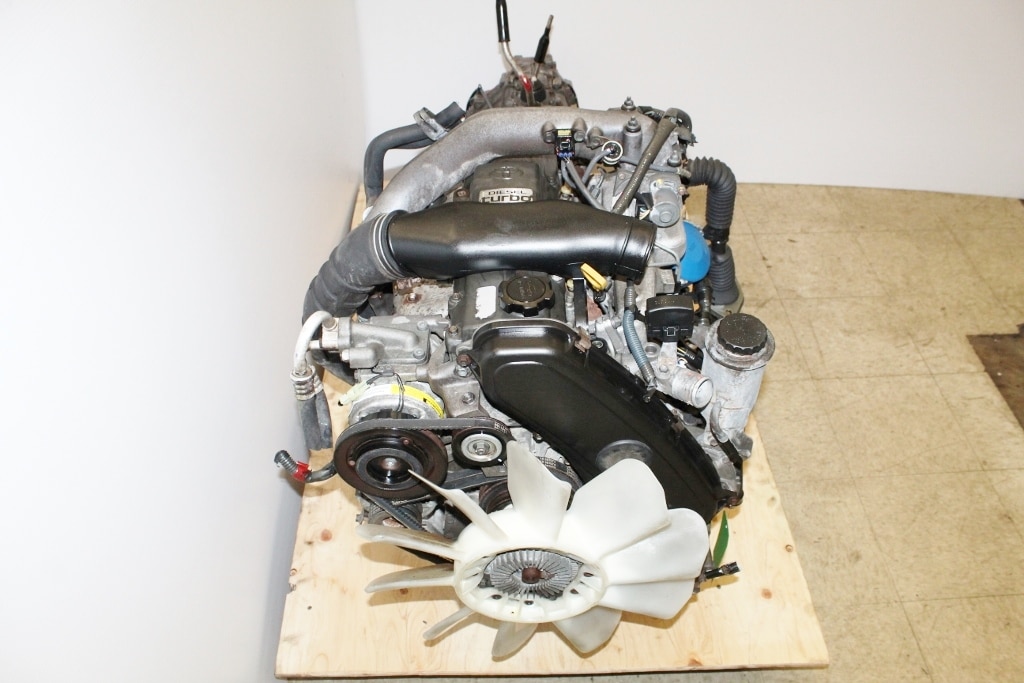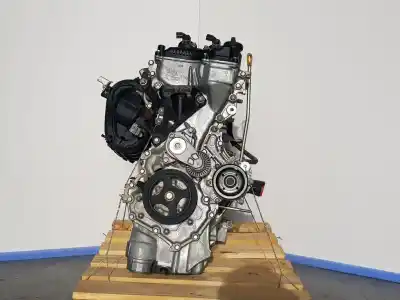Discover Exactly How the Toyota RunX RSI Excels in Performance and Convenience
Discover Exactly How the Toyota RunX RSI Excels in Performance and Convenience
Blog Article
Explore Quality and Value: Your Guide to Acquiring a Previously Owned Engine
When thinking about the purchase of a second-hand engine, recognizing the elaborate balance in between top quality and worth is vital. A thorough evaluation of engine integrity, problem, and background is essential to make certain a sound financial investment.
Comprehending Engine Kind
When considering the purchase of a second-hand engine, comprehension of the different engine kinds is necessary for making a notified choice. Engines can typically be classified right into two primary types: interior combustion engines and electric engines.
On the various other hand, electrical engines utilize electricity kept in batteries to power the car, using a cleaner choice with fewer moving parts and minimized upkeep demands. Within these categories, there are additionally differences, such as two-stroke versus four-stroke internal combustion engines, and different electric motor configurations.
Comprehending these distinctions is essential, as they impact efficiency, compatibility with existing car systems, and long-term operational costs. By familiarizing oneself with the numerous kinds of engines available, possible purchasers can better examine their needs and make choices that line up with their vehicle's requirements and their personal preferences.

Examining Engine Problem
A comprehensive analysis of engine problem is paramount for anybody taking into consideration the acquisition of a used engine. Begin with an aesthetic assessment; look for signs of oil leakages, deterioration, or any type of physical damage to the engine block. A clean engine is usually a measure of excellent maintenance techniques, while extreme gunk may recommend disregard.
Next, evaluate the engine's parts, including the timing belt, gaskets, and seals. Seek damage, as these parts can be expensive to replace. Additionally, check out the engine mounts, as damaged places may lead to vibrations and further mechanical concerns.
A compression examination is vital to gauge inner engine health. Uniform compression throughout all cyndrical tubes indicates a well-maintained engine, whereas considerable discrepancies might direct to inner damage or wear.
Paying attention to the engine during a start-up can provide useful insights; any unusual sounds, such as knocking or rattling, may suggest much deeper problems. Ultimately, if possible, request a trial run to examine efficiency under load. By carefully examining these factors, potential buyers can make enlightened choices and secure a high quality used engine.
Monitoring Engine History
Recognizing the engine's background is critical for making a knowledgeable acquisition. Knowledge of previous usage, upkeep documents, and any type of past problems can considerably affect the engine's dependability and long life. Start by requesting the automobile recognition number (VIN) or engine identification number, which enables you to map the engine's background.
Utilize readily available resources, such as Carfax or AutoCheck, to obtain a car background report. This report will certainly give important understandings, including accident background, solution records, and previous possession information. Toyota RunX RSI. Pay specific interest to any indications of extreme damage or duplicated repairs, which might indicate underlying concerns
Inquire about maintenance regimens performed on the engine. Routine oil modifications, timing belt substitutes, and other preventive measures mirror liable ownership. In addition, ask if the engine has actually undergone any type of modifications, as non-standard modifications can affect efficiency and compatibility with your vehicle.
Last but not least, preferably, look for verification from a relied on mechanic that can assess the engine's condition based upon its history (Toyota RunX RSI). This comprehensive investigation will assist you avoid potential risks and ensure that your investment is worthwhile and sound
Warranty and Return Plans
Buying a used engine usually comes with varying warranty and return plans that can dramatically impact your decision. When considering a made use of engine, dig this it is necessary to extensively assess the warranty options supplied by the vendor.

Furthermore, trustworthy vendors frequently supply documents that outlines the warranty and return process, making certain transparency. Constantly request for this info before completing your acquisition. A distinct guarantee and return plan can give assurance and shield your financial investment, making it an essential part of the decision-making procedure when purchasing a pre-owned go engine.
Finding the very best Offers
When seeking the ideal bargains on a used engine, it is critical to conduct thorough research and contrast rates from various vendors. Begin by discovering online marketplaces, auto discussion forums, and regional salvage lawns to gather a detailed understanding of the market. Using price contrast devices can improve this procedure, highlighting affordable prices across various systems.

Take into consideration timing your purchase purposefully. Seasonal fluctuations sought after can influence rates, with particular times of the year using far better offers. In addition, be open to negotiating rates; numerous vendors may agree to reduce their asking rate, specifically if the engine has been detailed for an extended period.
Conclusion
In summary, acquiring a used engine demands a thorough analysis of high quality and value. Examining engine condition via tests Read Full Report and inspections, verifying its history, and comprehending guarantee and return plans are vital steps. In addition, comparing rates across various vendors makes certain the most effective monetary decision. By sticking to these standards, customers can improve their chances of obtaining a reliable engine that meets their needs while staying clear of prospective pitfalls related to pre-owned purchases.
When taking into consideration the purchase of a used engine, understanding of the different engine types is important for making an informed decision. Engines can typically be categorized right into 2 primary types: inner combustion engines and electric engines. Gasoline engines are typically lighter and rev higher, making them suitable for performance cars, while diesel engines are renowned for their torque and gas performance, commonly favored in heavy-duty applications.
An extensive assessment of engine condition is vital for any person considering the purchase of a pre-owned engine. Begin by requesting the vehicle identification number (VIN) or engine serial number, which enables you to map the engine's background.
Report this page